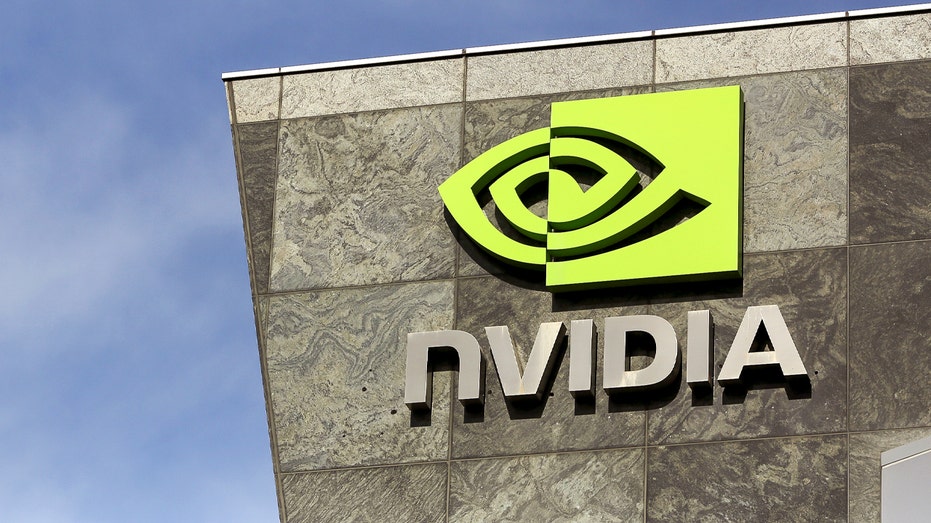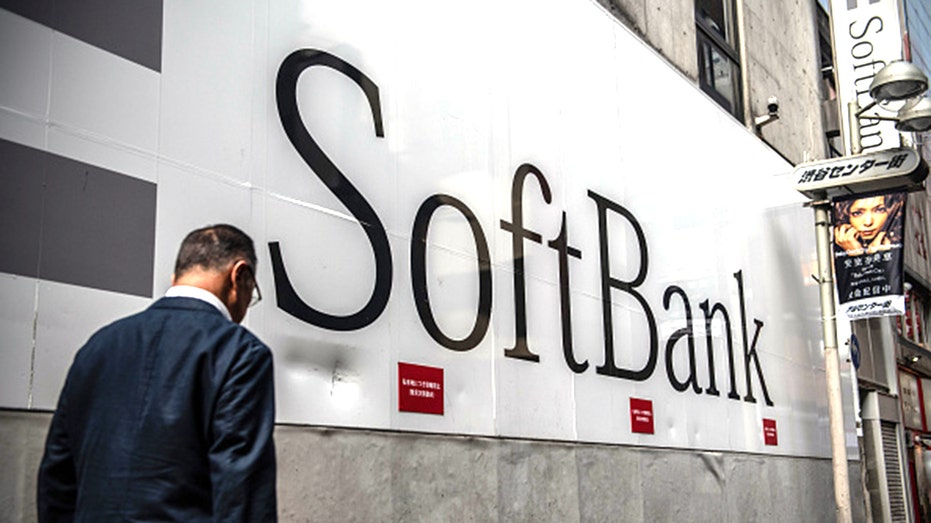Nvidia, SoftBank call off blockbuster Arm deal
The deal would have been the chip industry’s biggest ever
Global chip shortage making it hard to meet demand: onsemi CEO
Hassane El-Khoury discusses how the supply chain disruption is impacting production on 'The Claman Countdown.'
Nvidia Corp. and Japan’s SoftBank Group Corp. are abandoning a blockbuster deal for the U.S. semiconductor giant to acquire chip-design specialist Arm after regulators raised antitrust concerns, a person familiar with the matter said.
SoftBank, which owns Arm, now plans to pursue a public listing for the U.K.-based chip business, the person said.
The U.S. graphics chip giant in September 2020 agreed to buy Arm for $40 billion from SoftBank in what would have been the chip industry’s biggest deal ever. The nominal value of the deal had risen along with Nvidia share price that has advanced sharply in the intervening time amid booming semiconductor demand.
FTC CHALLENGES NVIDIA’S DEAL FOR ARM HOLDINGS
The proposed deal quickly raised eyebrows with regulators and chip-making rivals. The Federal Trade Commission in December sued to block the transaction, alleging it would give Nvidia unlawful control over computing technology and designs that rivals need to develop their own competing chips.
SoftBank stands to pocket a $1.25 billion breakup fee from the failed transaction with Nvidia, the person said. The Financial Times earlier reported the deal had fallen through.
This isn’t the first time regulators have upended a massive chip deal. The U.S., in 2018, derailed Broadcom Inc.’s attempted $117 billion takeover of another chip giant, Qualcomm Inc., on national-security grounds. Qualcomm’s $44 billion purchase of Dutch chip maker NXP Semiconductors NV fell apart in 2018 when China failed to give its regulatory approval.

The U.K. government is starting a national-security review of Nvidia Corp.’s $40 billion deal to buy British chip designer Arm from SoftBank Group Corp. , raising a new hurdle for an industry-reshaping proposal facing significant regulatory scrutiny (REUTERS/Robert Galbraith / Reuters)
Arm, based in Cambridge, England, is one of the world’s most important behind-the-scenes semiconductor businesses. Companies such as Apple Inc., Qualcomm and Advanced Micro Devices Inc. rely on its design expertise for some of their chips, with Arm acting as a kind of Switzerland to the chip industry—offering its designs to everyone without favoring any one company. Nvidia and Arm had vowed that wouldn’t change if the deal went through.
NVIDIA REACHES $40B DEAL TO BUY SOFTBANK'S ARM HOLDINGS
SoftBank, which bought Arm almost six years ago for $32 billion, had struggled to jump-start growth in the business. Before agreeing to sell Arm to Nvidia, SoftBank had considered taking the business public. SoftBank plans to complete its revived plans for an Arm IPO before the end of its next fiscal year, which starts in April, the person said.
Arm will have a new boss during the IPO process. Simon Segars has decided to step down, the person said, to be replaced by Rene Haas, another company executive.

The nomination of Koei Tecmo chair Keiko Erikawa to SoftBank Group's board adds a veteran games industry executive known for her stock-picking skill, bringing an authoritative voice after the loss of senior industry figures. (Photo by Carl Court/Gett (Getty Images)
The U.S. isn’t the only jurisdiction where the transaction was facing scrutiny. Britain’s antitrust regulator last year began an in-depth investigation of the proposed transaction, citing both competition and national-security concerns. The regulator had previously said that Nvidia’s acquisition of Arm would lead to a realistic prospect of less competition, less innovation and more expensive products. China also had begun a review of the deal, as had others.
CLICK HERE TO READ MORE ON FOX BUSINESS
For Nvidia Chief Executive Jensen Huang, the proposed acquisition of Arm represented one of his biggest bets to expand beyond the company’s historic niche of making graphics processors used heavily in videogames and for artificial-intelligence calculations and cryptocurrency mining. It came in a year that Nvidia overtook Intel Corp. as America’s biggest semiconductor company by market value and only a few months after Apple said that it was ditching Intel in its Mac computers in favor of its own chip design with Arm ingredients.
More recently Mr. Huang has his sights set on the so-called metaverse, a loosely defined group of online realms where users playing as avatars can hang out and participate in immersive experiences with others. Nvidia is offering software called Omniverse Enterprise that offers collaboration and simulation tools such as the ability to create interactive artificial-intelligence avatars.




















